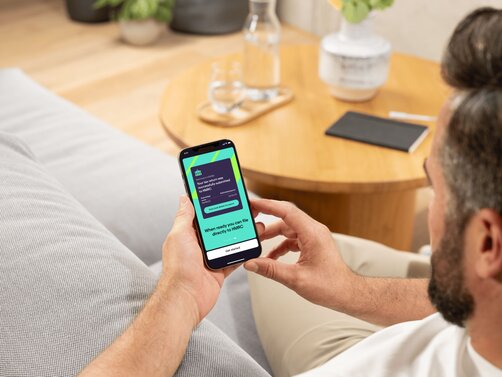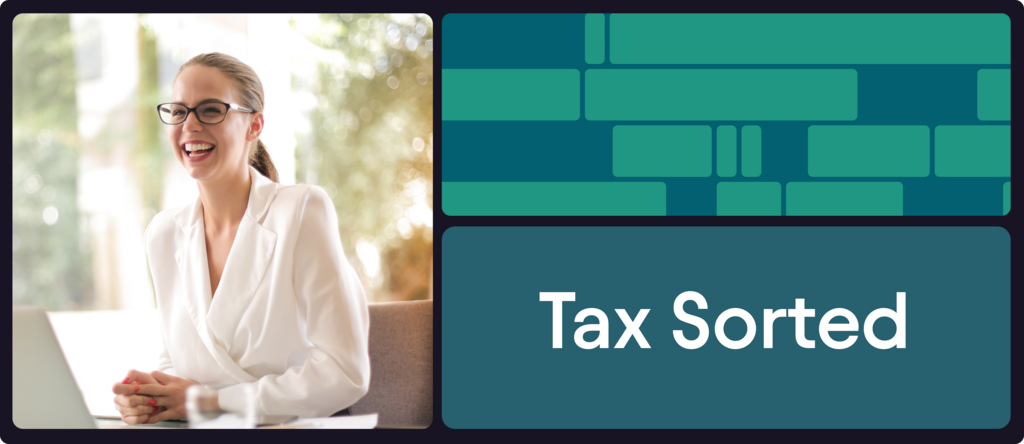Understanding Your Tax Obligations

Owning rental properties in the UK brings the responsibility of handling various taxes. As a landlord, it's crucial to understand your overall tax obligations to manage your finances effectively. Given the complexity of the tax system, a lack of knowledge can lead to penalties or missed opportunities for tax relief. By utilising tools like the Pie Tax App and having Expert tax assistants available on the Pie app, landlords can stay compliant and maximise their financial benefits.
The rental market in the UK has specific tax requirements, and staying informed is the first step toward efficiently managing these responsibilities. Both new and experienced landlords can benefit from understanding the different types of taxes they are liable for, which include income tax, capital gains tax, and possibly others depending on their rental activities and property types.
This comprehensive guide aims to break down the essential tax responsibilities for UK landlords, offering clarity and support. From filing deadlines to allowable expenses, we cover everything to ensure you never face unnecessary fines or miss out on potential tax relief.
Income Tax on Rental Income
One of the primary taxes UK landlords face is income tax on rental income. This tax applies to any earnings made from renting out property. The rates vary based on the landlord’s overall income, with thresholds for basic, higher, and additional rates.
Understanding allowable expenses is pivotal; landlords can deduct specific expenses from their rental income to reduce their taxable amount. This includes costs like property maintenance, repairs, and even mortgage interest. Keeping detailed records and receipts is essential for ensuring you claim all valid expenses, thus optimising your taxable income.


Capital Gains Tax When Selling
When you sell a rental property, you may be liable for capital gains tax (CGT) on the profit made from the sale. This tax can significantly impact your overall financial return from property investments.
Understanding how to calculate your capital gains and the available reliefs, such as the annual CGT allowance, can save you a substantial amount. Working with Expert tax assistants available on the Pie app can help you navigate these calculations accurately and take full advantage of available reliefs, ensuring you keep more of your profits.

Recent data shows that landlords in England, on average, earned £11,000 annually from rental properties. This income level highlights the potential for taxation and the need to understand applicable taxes thoroughly. Another statistic indicates that 20% of UK landlords have income exceeding £20,000 from rentals. These higher earners fall into higher tax brackets, underlining the importance of strategic tax planning and effective use of tools like the Pie Tax App for managing taxes.Annual Property Income Statistics

The current capital gains tax rates for residential properties are 18% for basic rate taxpayers and 28% for higher rate taxpayers. This difference underscores the significance of planning your sales and understanding how your overall income impacts your CGT liability. Similarly, landlords in a higher tax bracket can save on taxes through strategic financial planning. Services provided by Expert tax assistants available on the Pie app can significantly aid in managing these aspects, ensuring maximised after-tax income.Capital Gains Tax Rates

Allowable Expenses and Deductions
Claiming allowable expenses is a critical strategy for minimising tax liability on rental income. Common allowable expenses include property maintenance, agent fees, and mortgage interest payments.
Accurate record-keeping is essential for claiming these deductions. Utilising digital tools integrated with the Pie Tax App can help streamline this process, ensuring no deductible expense is overlooked. By doing so, landlords can significantly reduce their taxable income, thereby improving cash flow and overall profitability.
Navigating Tax Filing Deadlines
Tax filing deadlines are vital for maintaining compliance and avoiding penalties. For self-assessment, the typical deadlines are 31 January for online returns and 31 October for paper returns.
Missing these deadlines can lead to fines and increased scrutiny from HMRC. Therefore, setting reminders and using the Pie Tax App for timely submissions is highly recommended. This proactive approach not only ensures compliance but also provides peace of mind.

Tips for Landlords

Keep Detailed Records Maintaining detailed records of all rental income and allowable expenses ensures you can claim all valid deductions. Utilise the Pie Tax App to organise and store this information effectively.

Schedule Regular Reviews Regularly reviewing your financial and property records can highlight areas for improvement in your tax efficiency. Scheduling these reviews can help you stay on top of your tax obligations and take advantage of any available reliefs.

Consult Experts Enlisting the help of Expert tax assistants available on the Pie app can provide personalised guidance and ensure you are benefiting from all possible tax reliefs.

Fun Fact
Did you know that the first known property tax dates back to ancient Egypt? Landowners were taxed a portion of their grain!
Managing Tax Forms

Accurately completing tax forms is essential for compliance. The key forms include the SA100 for the self-assessment tax return and the SA105 supplement for rental income.
It's crucial to ensure all forms are filled out correctly to avoid penalties or rejections. The Pie Tax App offers intuitive guidance on form completion, reducing the potential for errors. Engaging with Expert tax assistants available on the Pie app can further refine your submission process, ensuring accuracy and timeliness.

HMRC offers flexible ways to settle owed taxes. You can set up direct debit to pay in instalments or use bank transfers and card payments for quicker options. If you can't pay in full, Time to Pay arrangements let you spread payments over time. Acting early helps avoid penalties and ensures a manageable plan.Making Payment Arrangements

Future tax planning is critical for long-term financial health as a landlord. This involves being aware of upcoming tax changes and adjusting your strategies accordingly. By staying informed and proactive using resources like the Pie Tax App and consulting Expert tax assistants, you can optimise your tax strategy year by year. This approach will help you maximise after-tax returns and sustain wealth growth through your rental properties.Planning for the Future
Summary
Navigating landlord tax responsibilities in the UK involves understanding various taxes, including income tax and capital gains tax. Accurate record keeping, timely submissions, and claiming allowable expenses are essential strategies to optimise your taxes.
Utilising tools like the Pie Tax App and consulting with Expert tax assistants available on the Pie app, landlords can ease the complexity of managing taxes and ensure compliance. These resources offer considerable benefits, including organised records, and personalised assistance, all aimed at maximising your financial returns and ensuring peace of mind.
Frequently Asked Questions
What taxes do landlords have to pay?
Landlords must pay income tax on rental income and capital gains tax on sold properties. The Pie Tax App simplifies this process.
How can I reduce my tax liability as a landlord?
Reducing taxable income involves claiming allowable expenses such as maintenance costs. Using the Pie Tax App ensures precision in your claims.
What happens if I miss a tax deadline?
Missing deadlines results in penalties from HMRC. The Pie Tax App helps avoid this by simplifying submissions.
Are there any tax reliefs available for landlords?
Yes, landlords can claim reliefs on allowable expenses and capital gains tax. Expert tax assistants available on the Pie app can guide you on these.
How do I calculate capital gains tax on my property sale?
Calculate CGT by subtracting the property's original purchase price and allowable expenses from the sale price. The Pie Tax App streamlines this calculation.




